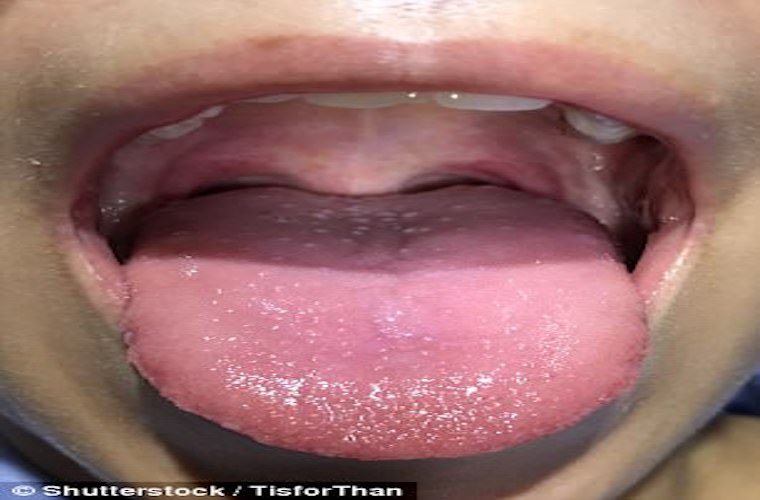- Study Says Most Parents Don’t Use Car Seats In Ride Share Vehicles Like Uber
- This 12-Year-Old Boy Is A Sophomore Aerospace Engineering Major!
- Fire Safety Experts Warn Of Hand Sanitizer Danger After A Mom and Kids Escape House Fire
- Recall Alert: Peaches May Be The Cause Of Salmonella Outbreak, 68 People Ill
- Summer Vacation In The Days Of COVID: Tips To Stay Safe
- How To Safely Grocery Shop During The Coronavirus Pandemic
- Michigan Teen With Vape-Related Illness Undergoes Double Lung Transplant
- Teen Kicks Off Anti-Vaping Campaign From Hospital Bed
- Teenager Receives Life Sentence For Strangling Sister To Death Over A Wi-Fi Password
- Toddler Falls To Death From 11th Deck of Cruise Ship
Doctors Urge Parents To Look Out For Symptoms Of Scarlet Fever


Infections are at the highest levels since the 1960s.
Parents have been urged to watch out for symptoms of scarlet fever, as the number of children becoming infected hit levels not seen since the 1960s.
In the UK alone, cases had increased over the past 3 weeks and had also doubled since the start of 2018.
There were 735 cases of scarlet fever in England and Wales during the week ending on January 28.
The infection, which is most common among children aged between the ages of 2 and 8, causes symptoms such as rashes, fever, ‘strawberry tongue’ and sore throats.
It is also known to strike mostly in the winter and spring months, with a further surge in cases expected as temperatures plummet.
It was a common infection back in the Victorian era – and far more deadly – but cases dramatically reduced, partly due to better hygiene.
If it’s treated promptly, the disease is restricted to no more than unpleasant symptoms.
However, it was a death sentence for hundreds of thousands in the late 1800s and early 1900s.
Cases have been on the rise since 2014, but officials have yet been able to pinpoint why they have shot up in the past 3 years.
What is scarlet fever?
Scarlet fever is a bacterial illness that mainly affects children. It causes a distinctive pink-red rash.
The illness is caused by Streptococcus pyogenes bacteria, which are found on the skin and in the throat.
What are the symptoms to look out for?
The first symptoms of scarlet fever include a sore throat and fever which may be accompanied by a headache, nausea and vomiting.
Between 12 to 48 hours after these symptoms, a characteristic fine, sandpapery rash develops, often appearing first on the chest or stomach.
Other symptoms also include a white coating on the tongue, which peels a few days later leaving the tongue red and swollen (this is known as strawberry tongue)
Cases are more common in children although adults of all ages can also develop scarlet fever.
Individuals who think they or their child may have scarlet fever should consult their medical doctor.






0 comments